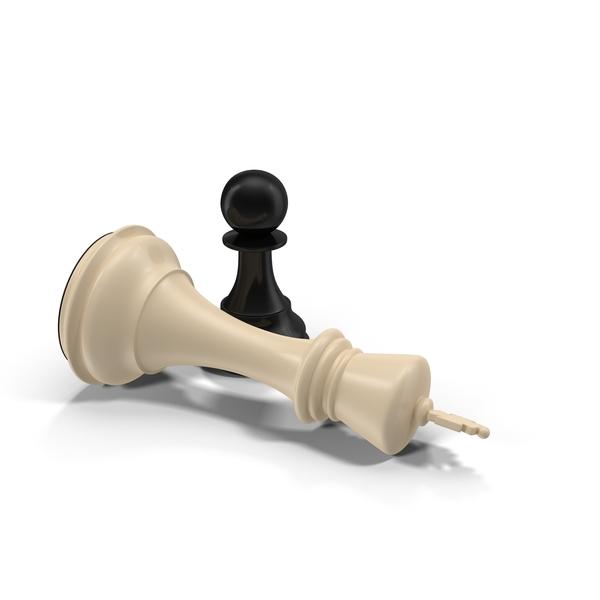
Chess - The Defeat
The subject least interesting to talk about is how a loss tends to appear in all shapes and sizes, and that's quite a huge estimation in amount for simply 64 squares together! Good observation is one that takes the hit, endures it, and sends it back soon enough. It's not uncommon to experience defeat, literally every single chess player and prodigy has in some point through their experience. I used to prefer e4 and d4 right since I got started with Chess. Little did that tell me, those were probably the most exploitable openings in common chess duel. Most people easily comprehend and correlate with these most common openings, which is where a switch felt most needed. Many games in with another opening and that ceases to shine as a remarkable standout. The search for more or the continuation with the similar, with just a slight unique trick up the sleeve, sounds like how it has gone on for most of the time. Many masterful games I know of grandmasters start off with common patterns and shape into climactic battles mid way through. My question and statement there is, why even wait for a narrow middle game tactic when a new opening could itself be mind boggling? Not that I question their moves and decisions whatsoever! I find that losing isn't something I want to talk about. What if, I have my wins on one side, and my recent progress has ten losses in a row? Would it be bound to leave its temporary mark? Like I had it figured, maintaining the streak was thrice as tough as starting it off. What if the real thing opponents wanted was to win a match against professional players only to brag about it. Nobody can be fully unbeatable with the likes of Chess in effect. There are supposedly two types of people in this regard, the titled champions, and the players ambitious enough to state they could beat them. Losing has been a choking sense of frustration for the most part, especially when simply inopportune. At worst, some would conclude the best players have rather lost their touch. I don't envy my opponents. I rather envy the fate that flips the coin repeatedly, proving that practice only helps keep at it. In the end, not every game could modestly settle for a draw, could it? It's just...whatever, explanation to losing never quite works well. It just comes. It just goes. I currently find myself eager to read this book titled Why We Lose At Chess by an author/ player named Colin Crouch, including a set of games between him and a variety of opponents. The idea of seeing the parts besides those we win was something of a curiosity I intend to know more about, besides whatever I may already know.
Here's a game from the 24 hour blitz arena from June 24th where a single move out of hand really led to my defeat without further ado. For once, I make it a point to point out a careless mistake that weighed me down.